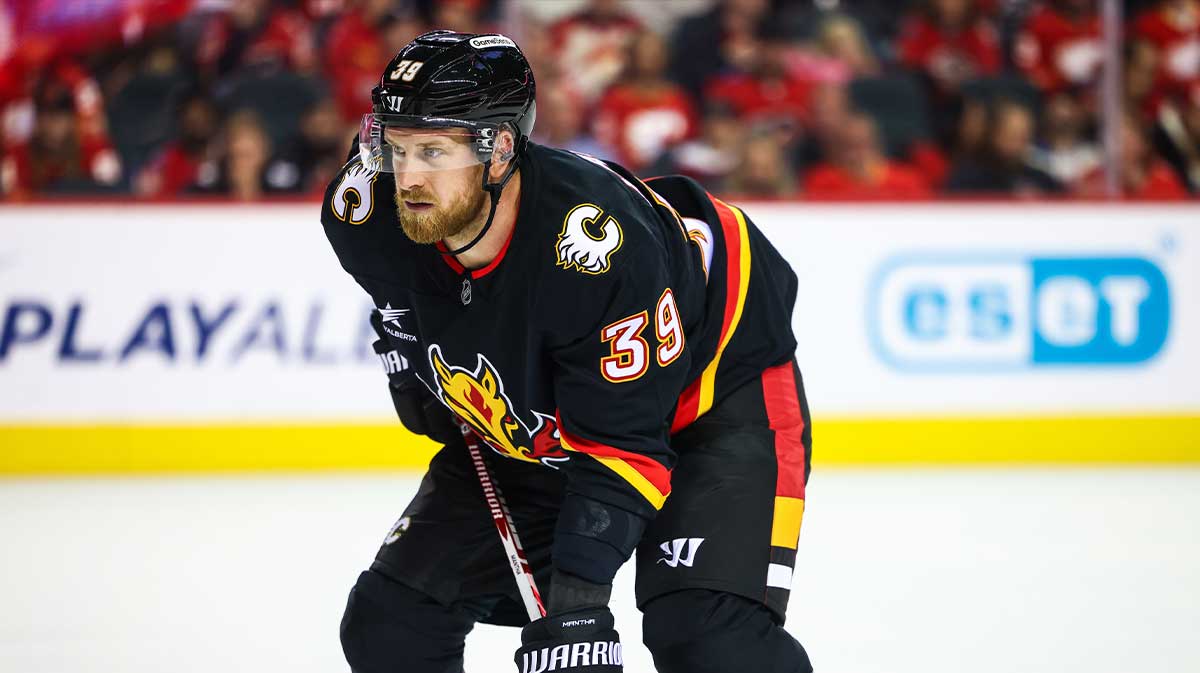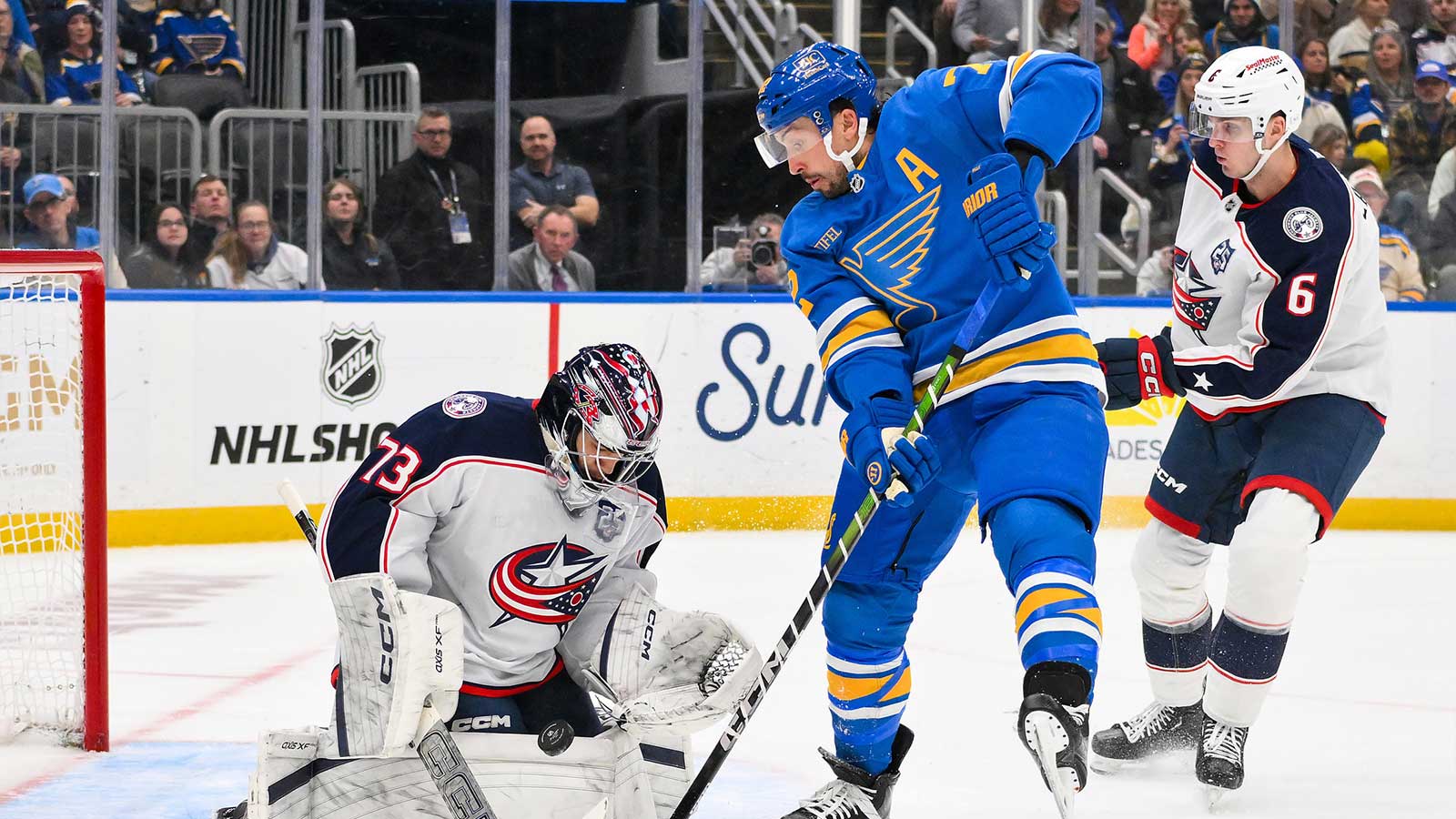Coming off three straight years of missing the playoffs, the Pittsburgh Penguins have entered a new era.
Gone are the days of the Penguins being a perennial contender, and instead, the team has been in the midst of a rebuild. As a result, there weren't any expectations of the team making any major additions this offseason.
At the same time, the Penguins did have one major asset at their disposal this summer: an abundance of cap space. So while most teams used their cap space to add players for immediate impact, the Penguins operated a bit differently, opting to build for the future instead.
Penguins perfectly weaponized cap space to add assets
Despite significant cap space, signing a player or two wasn't really going to help a ton. Given the team is currently well out of playoff contention, seeking major additions via free agency or trade would've been short-sighted.
However, the Penguins were instead able to use their cap space to continue building for the future. By taking on players attached to undesirable contracts and signing a player who could be flipped at the trade deadline, the Penguins set themselves up better down the road.
So for the Penguins, their best move of the 2025 offseason came in using their cap space effectively.
Penguins received the 39th overall pick from the Sabres
First, the team acquired Connor Clifton from the Buffalo Sabres while also adding the 39th overall pick in this year's draft as part of the trade.
Clifton spent the last two years in Buffalo and has one year left at a $3.33M cap hit. The defenseman originally signed with the Sabres in 2023, after spending the first five seasons of his career with the Boston Bruins. However, Clifton didn't necessarily have the desired impact in Buffalo and ended up averaging just over 16 minutes per game in his two seasons with the Sabres. With just a single year left on his deal, though, and the Penguins not in a position to compete next year anyway, acquiring Clifton isn't going to have any negative consequences.
The one caveat is that the Penguins also had to send two players the other way. Pittsburgh dealt both defenseman Conor Timmins and prospect Isaac Belliveau to the Sabres as part of the deal. Timmins, in particular, did have strong results in his limited run with the Penguins, posting seven points and a plus-nine rating in 17 games with the team.
That said, considering the Penguins had acquired Timmins – along with Conor Dewar – from the Toronto Maple Leafs for a fifth-round pick in March, it's still good asset management. Meanwhile, Belliveau has spent the majority of the last two seasons in the ECHL.
The Penguins then used the pick to select 6-foot-5 right-shot defenseman Peyton Kettles. So, in preserving cap flexibility, the Penguins were able to take Clifton for the year and add a prospect in the process.

Acquiring Matt Dumba brought another second-round pick
The Penguins then acquired Matt Dumba from the Dallas Stars, adding a 2028 second-round pick in the process.
Dumba originally signed a two-year deal with the Stars last summer at a $3.75 million cap hit. However, the defensemen managed just 10 points across 63 games with the team while averaging 15:18 per game. Dumba also didn't suit up for any playoff games with the Stars.
The Penguins also had to include a player in this deal, sending Vladislav Kolyachonok the other way. Kolyachonok was a 2019 second-round pick, but hasn't managed to solidify himself as an everyday NHL player. He was claimed off waivers by the Penguins earlier in the year and ended up playing 12 games with the team. At the same time, it doesn't seem overly likely that the defender will end up emerging as a true NHL defender.
Like Clifton, Dumba also has just one year left on his contract. So, between the Clifton and Dumba deals, the Penguins take on a little more than $7 million in cap hits for the coming year, but added two second-round picks in the process.
Anthony Mantha could turn into a potential trade chip
While the Penguins used their cap space to acquire future assets, they also made a couple of signings. The most notable of the bunch was Anthony Mantha, who inked a one-year deal with the team.
Mantha missed the majority of the 2024-25 season after an ACL injury that required surgery. He played just 13 games with the Calgary Flames, posting four goals and seven points. That said, the winger has been able to produce at a good rate across his NHL career. While his numbers have dipped over recent years, he did score 23 goals and 44 points across 74 games in the 2023-24 season.
With Mantha on just a one-year deal and unlikely to factor into the team's future plans, he could be used as a possible trade chip. The forward's deal carries a $2.5 million cap hit, with up to an additional $2 million in performance bonuses. Plus, the deal also comes with no trade protection.
Especially considering the low cap hit, if Mantha can rebuild his value this season, the Penguins could net a decent return at the trade deadline.
Penguins are slowly moving in the right direction
While the Penguins are still a ways off from getting back into playoff contention, they've started to slowly build back towards a brighter future. The team made some smaller moves this summer as well, getting a 2028 third-round pick from the San Jose Sharks for Alex Nedeljkovic and acquiring Arturs Silovs from the Vancouver Canucks.
The team has slowly built a great pool of draft picks, with multiple second and third-round picks across each of the next three drafts. The Penguins are also coming off a year in which they made three first-round selections.
So while Pittsburgh may not be an immediate threat, they've managed to start putting the pieces in place to build for the future.




















